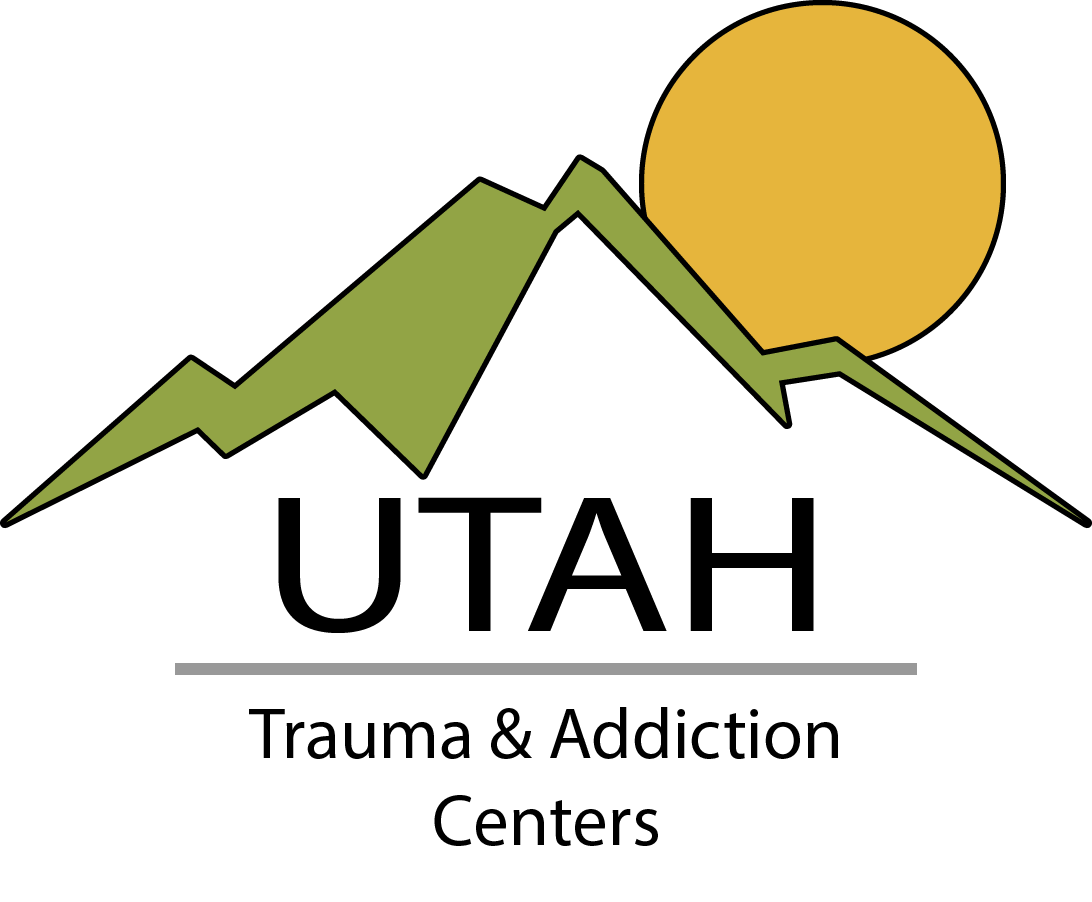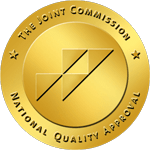Definition
Although there is no drug classification for inhalant substances, they are referred to as a group of drugs that are inhaled in the form of a gas or solvent. Inhalants are often used by spraying or placing into plastic bags, empty aluminum soda cans, etc., and held over the mouth and nose while inhaling. Other ways of use include inhaling directly from an open container, or dousing a rag with the chemicals and holding over the face. Unfortunately, inhalants are readily available or can be found from just about anywhere. From your very own home and/or garage to the local hardware store, there are literally hundreds of different over-the-counter and sanction free alternatives for the inhaler to use to achieve the desired “high”. The users high is best explained as feelings of lightheadedness, pleasure, giddiness, euphoria and an overall state of wellbeing. At the same time, if the user inhales an excessive amount of product; the user will experience a loss of motor coordination, state of confusion and make impulsive and reckless decisions. Inhalants are primarily household products or chemicals such as:
gasoline, freon gas, permanent markers, vegetable cooking spray, hair spray, BBQ grill igniter fluid, rubber cement, paint thinner, spray paints, helium, computer keyboard cleaner, turpentine, shoe polish, airplane (super) glue, degreasers, spray deodorant, asthmas inhalers, nasal and analgesic sprays, spot removers, spray starch, lighter fluid, room freshener, nail polish remover, acetone, dry cleaning fluids, pure toluene, carburetor cleaner, engine cleaner, WD-40, engine performance enhancers, propane, butane, whipped cream (nitrous oxide), lacquer and lacquer thinner, ether, chloroform, aerosols and other common household cleaning, cooking, or general purpose chemicals.
Besides rapidly depleting your brain cells, inhalants are very dangerous in nature and cause frequent deaths due to asphyxiation from vomit, suffocation from using chemicals in combination with plastic bags, sudden heart attacks, explosions from highly flammable chemicals, and instant freezing of the respiratory system (from high pressured storage tanks). These types of symptoms are very similar to that of carbon monoxide poisoning.


